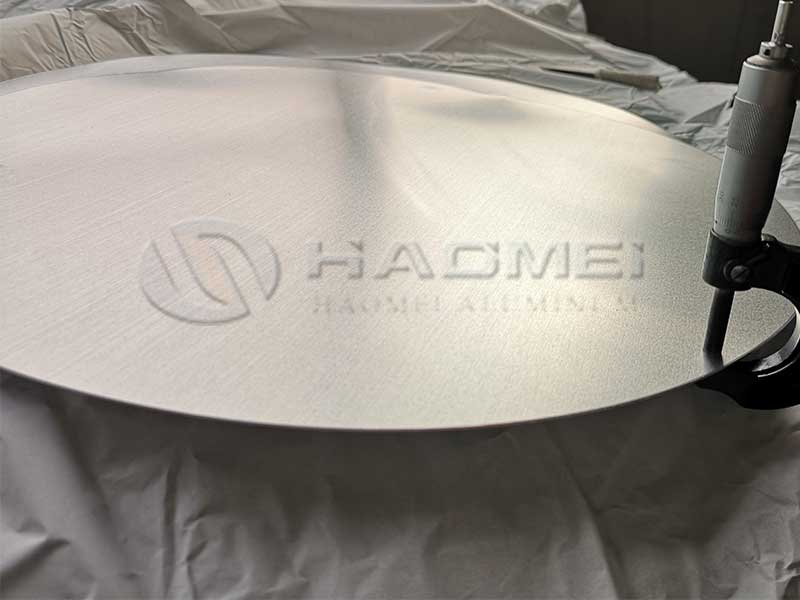Hot rolled 1050 1060 1070 aluminium circle aluminium disc for non stick frypan
the Versatile Applications of Hot Rolled 1050, 1060, and 1070 Aluminum Circles for Non-Stick Frypans
When it comes to the culinary world, the tools we use in the kitchen can greatly affect both the cooking process and the resultant food quality. A vital component widely recognized in many cookware industries is the aluminum circle—or disc—usually produced from hot-rolled 1050, 1060, and 1070 alloys. Recognized for their strong commitment to performance and versatility, these aluminum circles are increasingly favored for non-stick frypans and various other cookware.
Each number within the aluminum designation involves certain chemical and physical characteristics tailored for specific applications:
1050 Aluminum: This series comprises over 99% aluminum, providing excellent corrosion resistance, conductivity, and workability. It's often regarded as the benchmark of aluminum purity.
1060 Aluminum: Holding a similar purity to its predecessor, the 1060 alloy promotes unrivaled forming characteristics and elongation properties, making it ideal for manufacturing intricate designs in cookware.
1070 Aluminum: Renowned for its exceptional corrosion resistance has an even greater combination of tensile and yield strength than 1050 and 1060, plus responsive edibility when treated for hard anodizing processes.
Technical Specifications and Implementation Standards
| Parameter | 1050 Al | 1060 Al | 1070 Al |
|---|---|---|---|
| Chemistry Composition | Al ≥ 99.5% | Al ≥ 99.6% | Al ≥ 99.7% |
| Isolated Impurities | Fe ≤ 0.4% | Fe ≤ 0.3% | Fe ≤ 0.25% |
| Ultimate Tensile Strength | 120 MPa | 130 MPa | 150 MPa |
| Yield Strength | 50 MPa | 63 MPa | 72 MPa |
| Oxidation Resistance | Good | Very Good | Excellent |
| Corrosion Resistance | High | Very High | Exceptional |
| Workability | Excellent | Excellent | Good |
| Common Applications | Electrical, Cookware | Heat Exchange Components, Cookware | Chemical Processing |
Note: All data parameters can vary slightly, depending on manufacturing processes and quality control standards, adhering to international standards such as ASTM B317.
Applications of Aluminum Circles in Non-Stick Frypans
1. Superior Heat ConductivityThe aluminum profiles exhibit exceptional thermal conductivity and uniformly distribute heat across the cooking surface. This feature enables ideal, slow cooking without the cooking spot effect common in poorer quality materials.
2. Lightweight CharacteristicsDespite the larger handling sizes, aluminum circles provide a robust yet lightweight option, logistics of production remain manageable without compromising the structural integrity required for daily cookware.
3. Non-Corrosive & Non-Stick PartnersAluminum substantially resists corrosion resulting from prolonged exposure to high temperatures or varied immune cooking environments. When fabricated as non-stick circulating discs, they serve as staging grounds, enabling the unattached food residue feature often sought after in modern kitchens.
Alloy Tempering and Treatment Conditions
If intricate manufacturing moves towards the integration of various coatings—enhanced through unique tempering techniques—the journey doesn't stop there. Some documents highlight typical temper details:
- Temper O: Annealed state for maximum workability.
- Temper H14/H24: Excellent firmer versions offering enhanced strength and very good formability, responsible for hardened finishes sought by culinary operators.
For reliable frypan construction, factors dictating typical heat application, layered amalgamation include non-stick coatings composed of Teflon (PTFE), ceramic affixes, or such similar varnishes that must comply with food-safe regulations.


